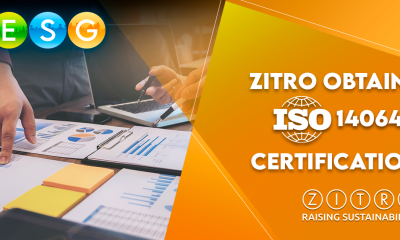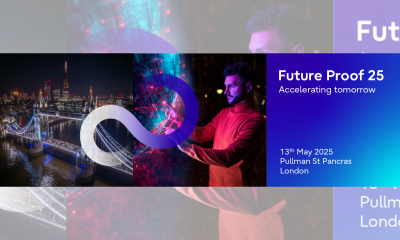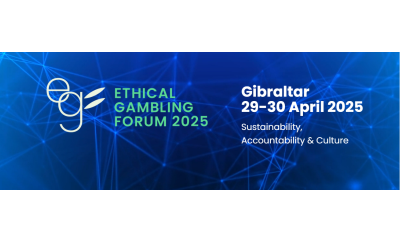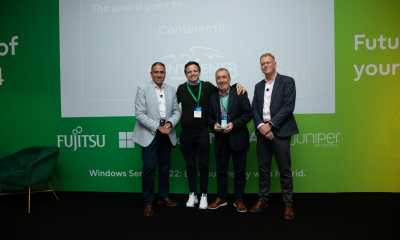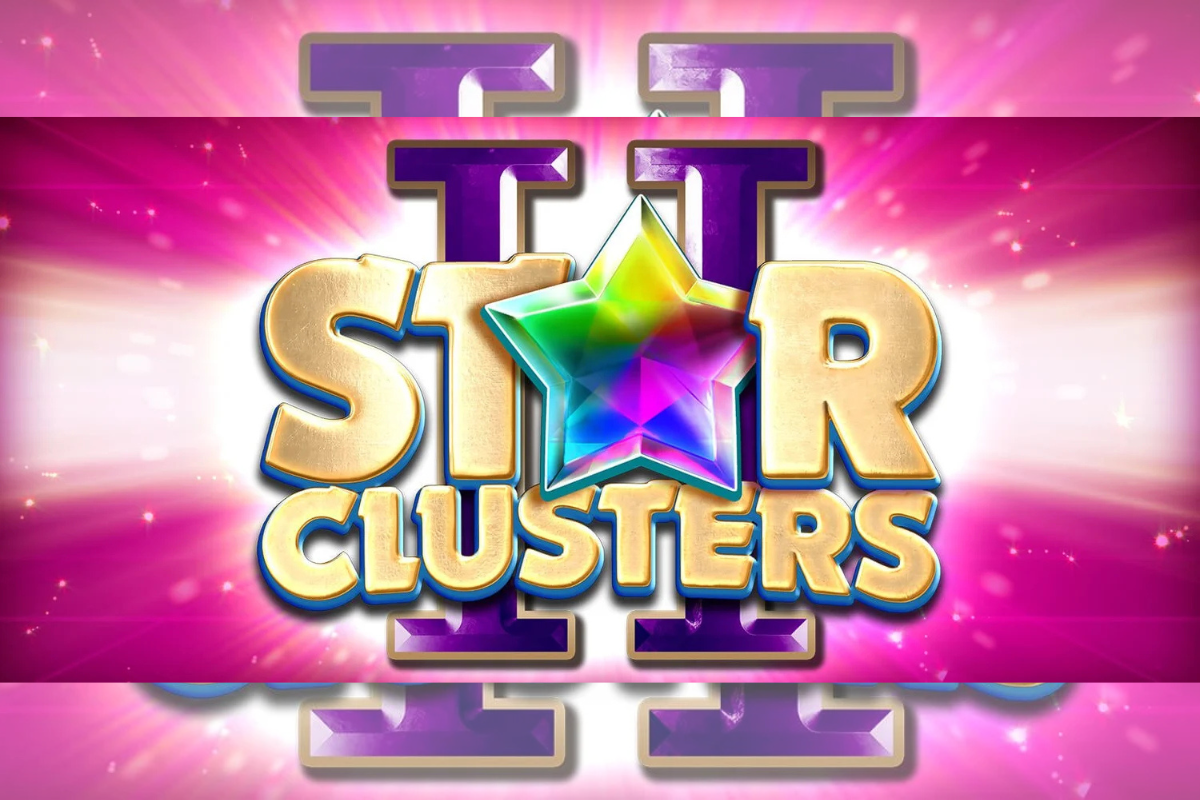Latest News
A united force
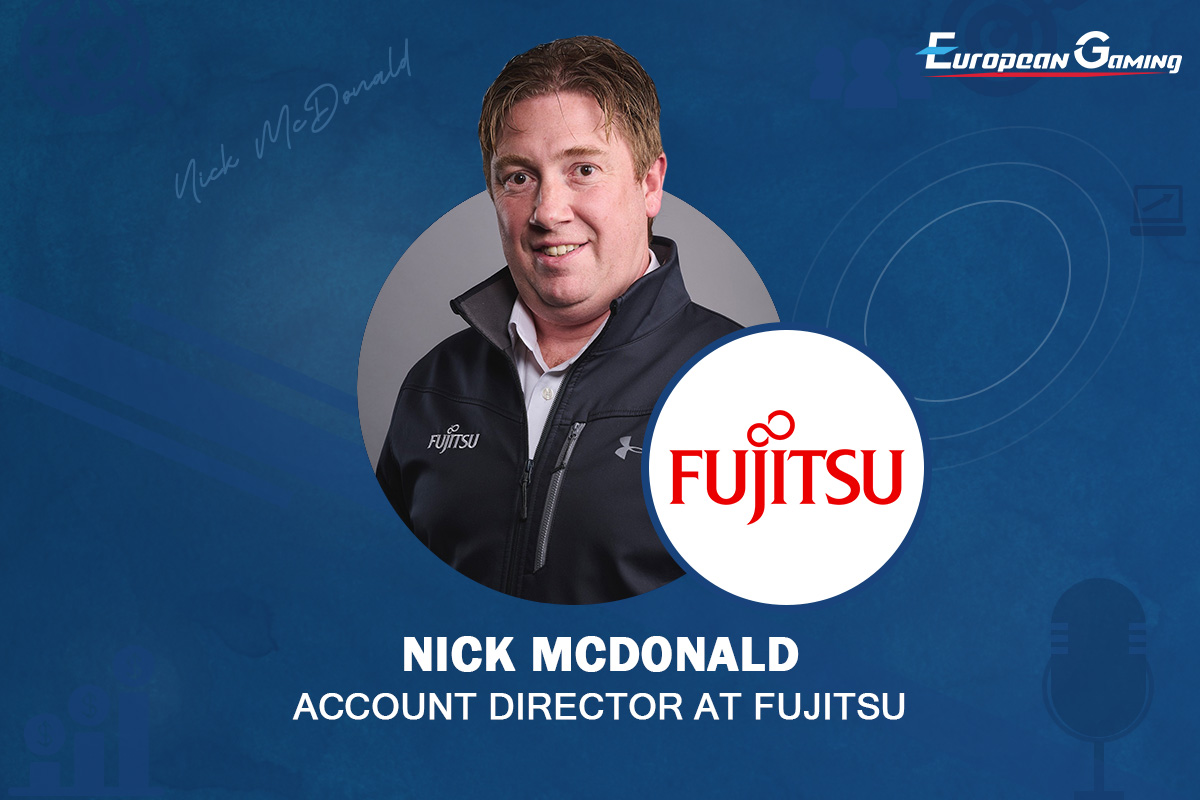
Nick McDonald iGaming Account Director at Fujitsu, says collaboration is key to the success of ESG and sustainability initiatives and shares some of the things the company is doing to put it at the heart of its culture
Companies across the sector have pivoted their attention to ESG and sustainability. Why?
Because climate change, resource depletion and habitat loss are just some of the urgent issues the world is facing, and businesses understand they have contributed to them.
This is why things like achieving carbon neutrality and taking steps towards a circular economy have become urgent areas of focus and important things to address.
But CO2 reduction, energy optimisation and the effective movement of people, goods and services are difficult for a single organisation to resolve in isolation – even for the true giants of the industry.
This is why collaboration is a must and as more businesses talk about their approach to ESG and develop and deploy strategies, additional opportunities for working together will emerge.
Time is very much of the essence when it comes to ESG and it’s my belief that we are all coming to understand the need to take bold and decisive action.
So how do we do this and build ESG and sustainability into the culture of our companies?
There are quite a lot of factors to consider here, and that’s why it quickly becomes a complex area for organisations to tackle.
For me, it’s important to first define the company culture and then determine the approach to ESG to ensure the two align and in a way that is authentic to the entire workforce.
At Fujitsu, we see sustainable management (the joining together of sustainability and management practices) as being one of the most effective ways to integrate ESG into our corporate culture.
This is done through a balanced business model that benefits our current employees and the next generation of people working for the organisation.
It’s important for us to then promote sustainable management and to do that we have devised three core strategic themes. These are:
- Harmonious coexistence with our planet
- Social contribution
- Caring for employees
The first focuses on achieving carbon neutrality, the second on solving social issues through “monozukuri (manufacturing) and the third on developing the talented people working for the business.
This is just one aspect of a comprehensive ESG strategy that ultimately allows us to contribute to the sustainable development of society through our business activities.
This takes in medium to long-term environmental targets, activities for reducing our burdens and improved management, including green procurement, education and risk reduction.
ESG management is particularly important as it covers activities like reducing greenhouse gas emissions, using renewable energy and promoting energy conservation.
We also run many social contribution initiatives, which include responsible procurement and contributing to local economies.
We are particularly proud of our Sustainable Product System which approves products and services with the potential to contribute to resolving social issues and promoting sustainability.
The highest level, Sustainable Gold, is for products and services that contribute to sustainable development through innovative technologies while allowing Fujitsu to pursue business growth.
By investing in these products and services, the integration of sustainability and growth strategies are promoted, and this helps to achieve our goal of Sustainable Products accounting for at least 30% of company-wide net sales by 2030.
I think this is a good example of how ESG can be seen as an opportunity to be explored rather than a challenge to be overcome – a shift in mindset I think we all need to adopt.
We also find that hybrid IT can be a real game-changer for organisations, especially those that embrace cloud computing and migrate fully to it, as this can significantly reduce the environmental impact of their IT infrastructure while driving efficiencies and fostering growth.
Given the complexity of ESG, a lot of companies require support and that’s what we offer through our ESG Management solution.
It covers several key areas including GHG visualisation and analysis, ESG index management using data and improved energy efficiency.
This allows us to identify the activities by which a company emits greenhouse gases and formulate measurements to reduce emissions (GHG visualisation).
It also sees us collect and analyse vast amounts of data, including financial and non-financial information, to support ESG management decisions (ESG index management).
And finally, we then design production plans that minimise energy consumption while maintaining product efficiency (improved energy efficiency).
Then we have our suite of cloud solutions that gambling businesses can use to improve the scale and pace of growth while mitigating their impact on the environment.
As I said at the start, operators and suppliers understand the importance of ESG and through collaboration, we can come together as a united force to have the greatest impact.
-

 Latest News6 days ago
Latest News6 days agoPIN-UP Global Transforms into the RedCore Business Group
-

 Asia6 days ago
Asia6 days agoNew Indian Law Aims to Curb Online Money Gambling Sector, Prohibits Related Advertising
-

 Latest News7 days ago
Latest News7 days agoBET9JA BACK BOXING WITH BALMORAL GROUP PROMOTIONS SPONSORSHIP
-
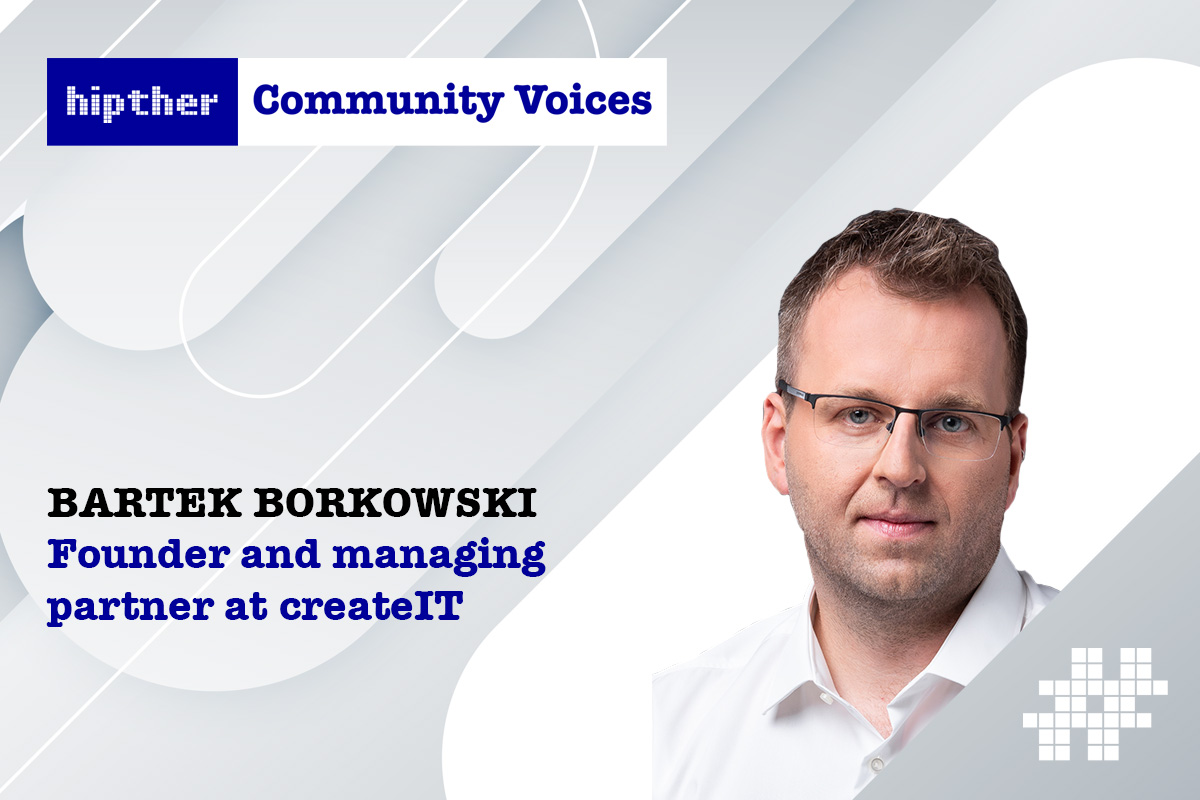
 Latest News7 days ago
Latest News7 days agoHIPTHER Community Voices: AI in iGaming: A Guide to Adoption, Benefits, and Challenges
-

 Asia6 days ago
Asia6 days agoChicken Road Game Launches in India, Expands Mobile Gaming Catalogue
-

 Latest News6 days ago
Latest News6 days agoSOFTSWISS Wins Best Game Aggregator Award in Latin America
-

 Balkans6 days ago
Balkans6 days agoELA Games Partners With Superbet to Expand Offerings in Serbia
-

 Compliance Updates6 days ago
Compliance Updates6 days agoRomania Blocks 30 Unlicensed Gambling Websites






